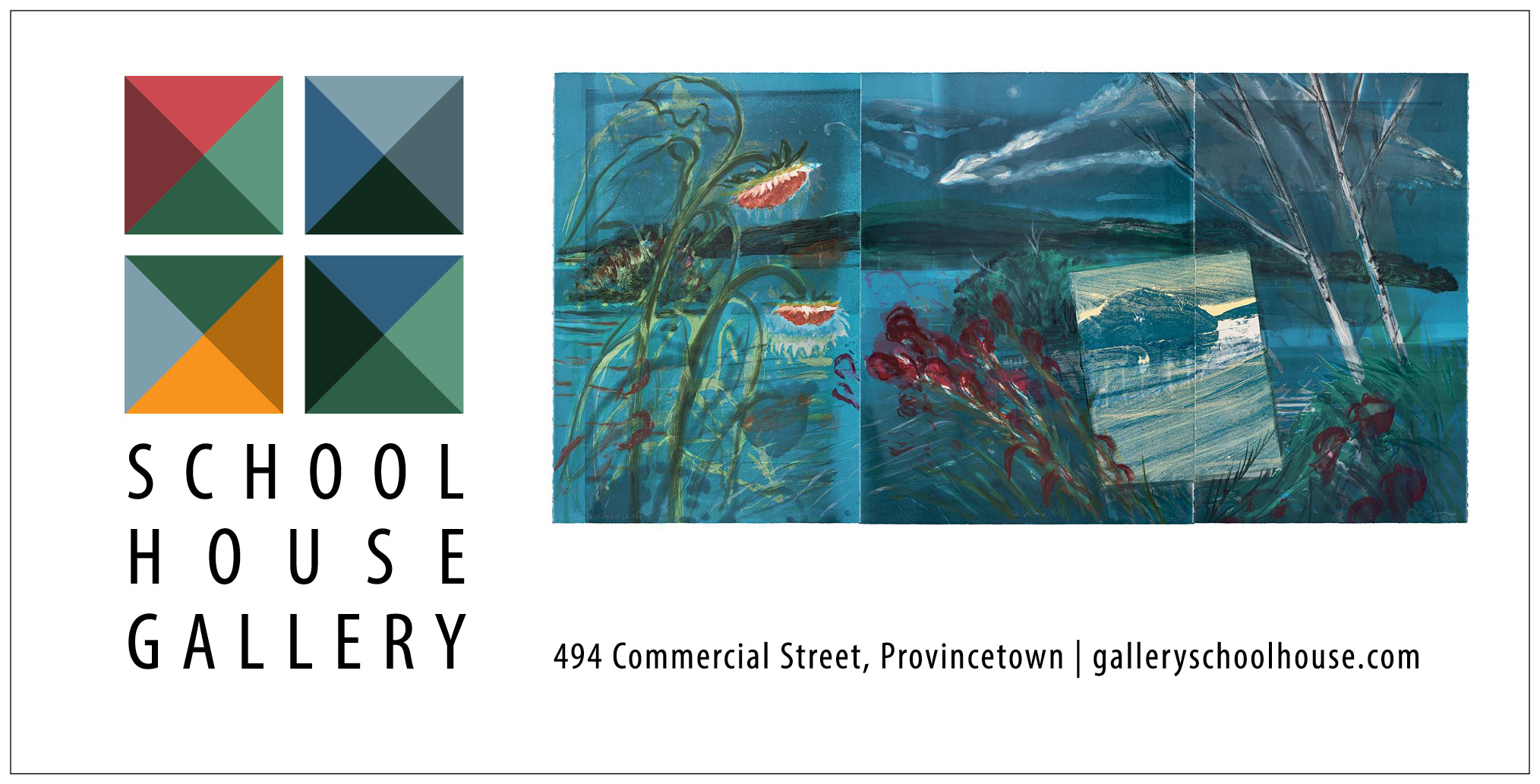It was the 2 a.m. deck watch change. I looked up to see a 40-foot wall of water just before it came crashing over us. In that instant, I knew that everything was going to change from that moment forward.
I was aboard a 128-foot double-masted schooner, the Westward, run by the Sea Education Association with a crew of eight and 24 of us novice sailors. We were to sail south to Trinidad and Tobago, collecting data for science experiments, with stops in Dominica, Grenada, and St. Thomas. We were required to learn how to use a sextant and navigate by the stars, as well as gain ship-handling and sailing skills.
We didn’t know when we left Rockport, Maine, that we would be caught in Hurricane Lili, a Category 3 storm with winds reaching 120 mph and waves over 50 feet. We were directly in its path, about 400 miles due east of the Carolinas. We could not outrun the storm as it accelerated northward.
My bunk was in the fo’c’sle. I had to wedge myself in between the wall and the bunk to keep from floating upwards when the bow would drop off the backside of the huge waves. Nausea and fear kept us up through the nights. The crew fixed lifelines of taut wire running the length of the deck that we clipped onto with body harnesses when we came up on deck. I preferred to be there rather than below, as I could see what was coming at us.
I thought of my family. Did they know where I was in case the ship went down? Did they know what it was like for us out there with no land in sight?
Some part of my 22-year-old self was ignited, a part that I hadn’t known existed. We were all in it together. We had to rely on each other for our lives, trust in one another at a level that was not necessary or even comprehensible a week earlier.
As that wave crashed over the deck, the howling wind that had battered us for the last seven days abruptly stopped. We were in the eye of the storm. But the wind that created those monster waves and ripped our sails also created stability for the boat. Without it we were like a spinning, heaving top, rocking in multiple directions at the same time. How could this be happening?
The boomkin, a five-inch steel platform with six-by-six timbers off the stern, was shattered. The waves had altered our very footing, our safe zone. All of us realized that what we thought was a bad situation had just gotten much worse.
My first reaction after gaining my footing was to grab the wheel, which was spinning freely. The captain came flying up the stairs, now covered with water, assessed the situation, and barked orders. He looked me in the eye and said, “Steer the ship into the waves.” I said, “Aye, aye, Captain,” but I knew the lack of forward motion and therefore stability made that nearly impossible. I held on to that wheel as if our lives depended on it, because they did. I asked for help. Someone joined me and we battled the wheel, the waves, the uncontrollable teetering of the ship, and the darkness.
Almost 25 years later, I find myself with the same sensation. The virus crashes over us like that wave did in October 1996. The ground beneath us is not as solid as our faith and common sense once told us it was. How strong are the footholds on which we built our lives? Will they endure? For how long?
I’ve spent those years, with the help of many others, building businesses with over 100 year-round jobs and three times that seasonally. Each year, we put a finger up to the wind and try to feel its direction. We prepare all winter long for the wave of summer tourism, trying to catch it at just the right time.
Now, here we are again, in the eye of the storm, not knowing which direction the wind will blow. “Steer directly into those waves,” my captain said. But how do we set a course without a compass? Where are we headed? Every day it changes.
Perhaps what we “need” should be reevaluated, reassessed, and reaffirmed. This moment will define us and reveal to us who we are. We all have our own wheels to grasp and take charge of. The course we will have to follow may be out of our control, but letting the wheel spin won’t get the ship headed in the right direction. The eye of the storm will pass, and when it does, we must be ready to harness the wind, wherever it may lead us.



